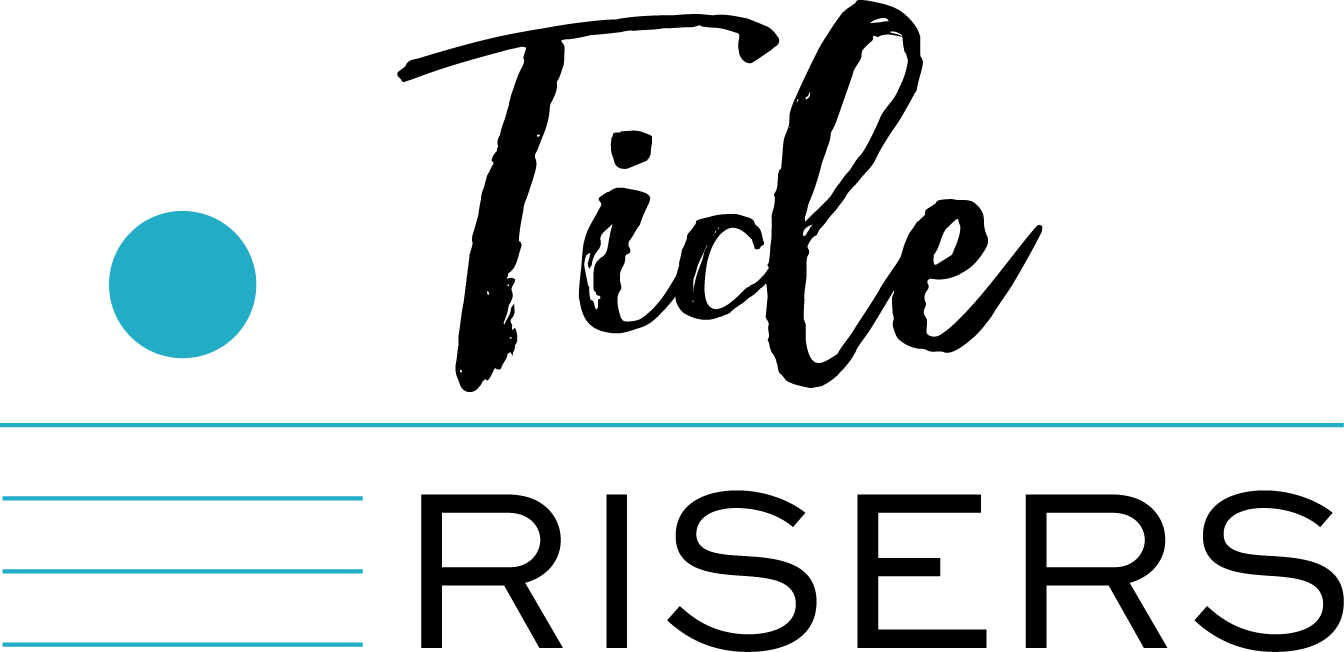Lowering the Volume on Our Internal Critics
Danielle Kristine Toussaint, a Tide Riser who will soon be launching Tide Risers D.C., sent a link to this video the other day, sparking a late-night flurry of text messages amongst some of the Tide Risers leadership team.
One of the foundational principles of Tide Risers is being supportive of other women: we make a conscious choice to actively play the role of advocate, promoter, and accountability partner. What we haven’t talked as much about is finding the strength and resolve to do the same for ourselves.
Why do we say things to ourselves that we would never say to someone else? Why don’t we treat ourselves like our own best friends? This self-degrading behavior is so common you would probably be hard pressed to find a woman who isn’t familiar with that internal critic. It gets in the way of our relationships and aspirations, holding us back from believing in ourselves the way our friends and family believe in us.
The video and the resulting conversation got me thinking about the time I spent planning and launching Tide Risers. For the most part, I felt strongly there was a need and an opportunity to launch such a project, but nevertheless, the internal critic was alive and well. The running list in my head of reasons why Tide Risers wasn’t going to work was long and intimidating.
So what made me persist? Really it came down to my personal band of cheerleaders. My husband and a few of my closest friends and colleagues saw the potential in Tide Risers and encouraged me to go for it. They allowed me to think out loud with them, provided thoughtful feedback and advice, and gave me a boost when the process and workload seemed overwhelming. They also just allowed me to talk nonstop about Tide Risers, which must have taken some forbearance, as I was obsessed with the idea and for some time unable to talk about much else.
A band of cheerleaders: this is what Tide Risers is about.
When our internal critic is gaining traction, we can make a conscious choice to identify it, isolate it, and lower its volume so we can make room for other, more supportive voices. Finding the other voices both internally and externally is critical.
Tide Risers is designed to give women a community that provides these voices of support, encouragement, and positive feedback. We'd love to hear about your own band of cheerleaders. Who are they? What are your tactics for lowering the volume on your internal critic? Please share in the comments below.

